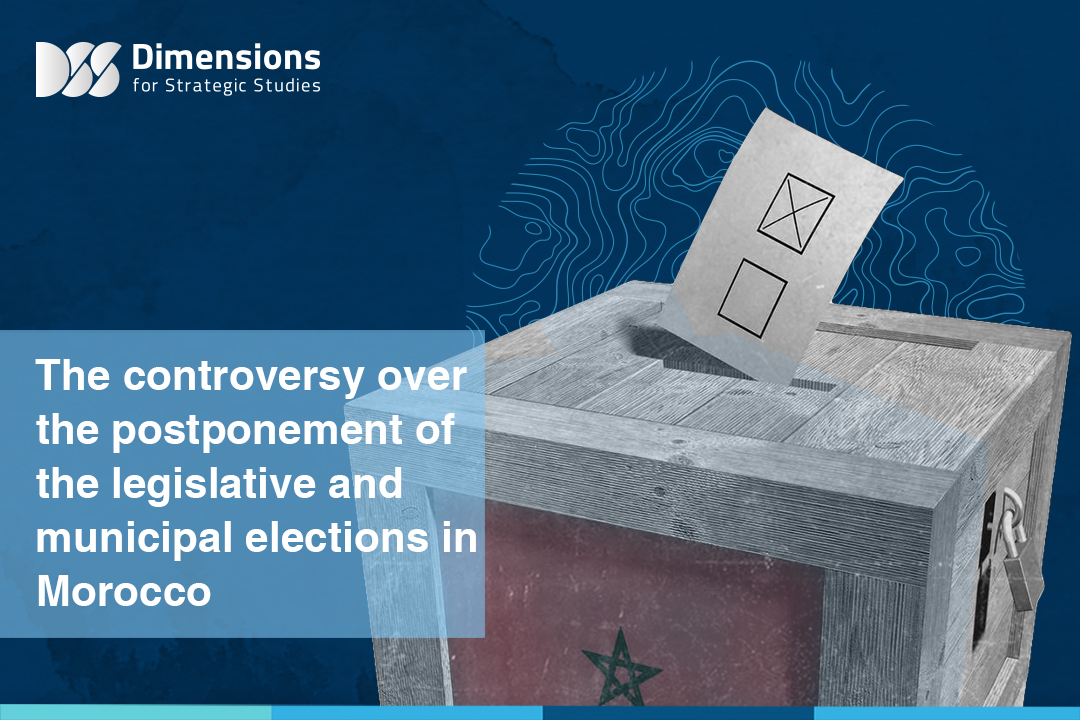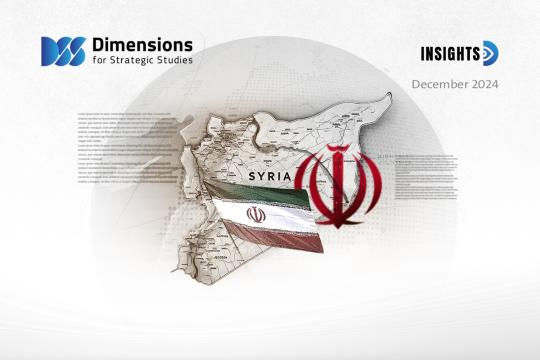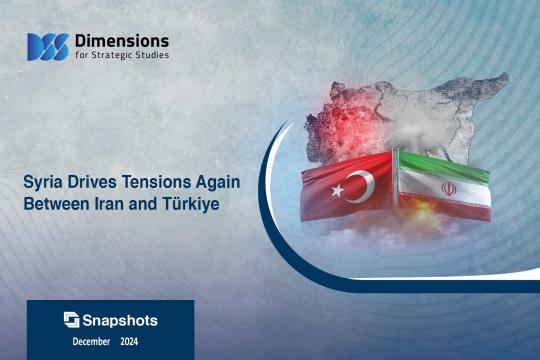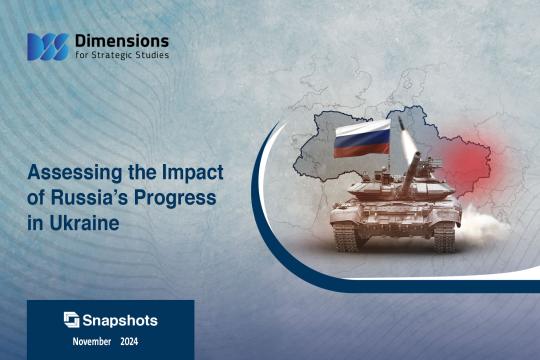
The controversy over the postponement of the legislative and municipal elections in Morocco
2020-05-229953 view
Preamble
According to a previous calendar, Morocco is preparing to hold municipal and legislative elections in the fall of next year 2021. Since the beginning of the year, Prime Minister Saad Eddine El Othmani, has started inviting party leaders to discuss their views and perceptions of these elections, and the electoral laws that they think should be amended.However; the Corona epidemic that swept Morocco, taking the lives of about 200 deaths; and the number of infected exceeded 4,000 people; stopped all electoral calculations and prompted a new idea to emerge, calling for the elections to be postponed given the difficulty of holding them given the economic repercussions left by the epidemic.
Behind the idea of calling for the postponement of the elections are the political parties that consider themselves to be the “Makhzen”/(deep state), or ones that want to guarantee for themselves the political representation of the deep state. Those fall into three main parties:
1. Authenticity and Modernity/Alasalah and AlMuaasara/. This party is for postponement despite the renewal of its structures, and the talk of its new Secretary General, Abdel Latif Wehbe, about the possibility of this party pushing for an alliance with other parties, even with the Justice and Development.
2. The National Rally of Independents, led by the Minister of Agriculture, Aziz Akhannouch.
3. The Socialist Union led by Driss Lachkar.
On the other hand, the "Justice and Development" and “Independence” Parties adhere to the election date, despite the fact that the Independence Party, the second largest opposition party, demands the creation of an independent body to supervise the legislative and municipal elections, in 2021.
First: the content of the idea of postponing:
The idea proposed by the three parties revolves mainly around two directions:
1) a government of national unity
This trend calls for a national unity government, which takes into account the repercussions of the Corona pandemic. It benefits from the development project committee headed by the former Minister of Interior, Chakib Benmoussa. It is an idea that will remain in place, and is perhaps the closest to verification if the Corona epidemic continues to spread, and if the Moroccan government is unable to provide the required treatment for the remnants of the Corona epidemic, other than borrowing from foreign banks.
2) Amending the Constitution
This trend calls for amending Article 47 of the constitution, which says that the king appoints the prime minister from the party that leads in the election results, and replaces that with the king choosing the prime minister from the largest parliamentary coalition after the election results.
Many Moroccan actors believe that these trends are supported by external parties, especially the UAE, Saudi Arabia and the Egypt axis.The debate on this topic is characterized as a public debate for the most part, and this discussion is accompanied by another one on the general and social media concerning the Emirati and Saudi interference in Moroccan affairs.
Second: the interests of the actors
The common goal of the three parties (Authenticity and Modernity, the National Rally of Independents, and the Socialist Union) is to end the era of justice and development and remove them from power once and for all. These parties benefit from the fact that any of the postponement scenarios (national unity government or constitutional amendment) will give them an opportunity for direct rule, as all estimates and indicators show that justice and development, with its internal weakness after the exemption of Abdelilah Benkirane, is still the first option for voters. This assessment justifies efforts to disrupt and postpone the elections until legal guarantees are provided for the Justice and Development not to lead in any elections.
These parties are also seeking, by presenting this idea now, to benefit from the data of Corona, especially in terms of:
• The general public mood has responded to this proposition now. In light of the imposed state of emergency, it does not seem logical to talk about or prepare for elections, and therefore postponement will seem the best popular option.
• The public complained about the imposed measures, which greatly weakened the economy, that was already suffering before the pandemic. Therefore, there is a high resentment towards the government of Justice and Development, and therefore its ability to manage the battle with the rest of the parties at this time will be limited.
• The country is under a state of health emergency through which it is possible to prepare for its transformation into a state of public emergency, if the spread of the pandemic does not stop, or its economic effects continue on a large scale after the end of the crisis.
It is not known whether the proposals of these parties are self-propositions, or are made on behalf of the deep state. The king’s palace wants to ensure that the Justice and Development will not succeed in the upcoming elections, and it also wants to weaken the government as much as possible, which was clearly demonstrated through the establishment of the Development Model Committee, which withdrew many of the government's powers.
These parties have an interest in implementing the palace's goals, even if this endeavor was not requested directly from them. However, it is unlikely that these parties will continue to pursue their proposals in the event of the palace’s objection, so it is likely that the campaign to postpone the elections received no objection at least on the part of the palace, if not welcome, or it was its idea at all. Ending the era of justice and development is also in the supreme interest of Morocco and its foreign relations, especially with France, the UAE and Saudi Arabia.
Third: expectations
Moroccan political circles are currently witnessing discussions in full swing in an effort to reach specific positions on the issue of postponing the elections.
On the other hand, discussions related to preparing for elections have completely stopped, as they were last attended in the first meeting held by the Prime Minister in the presence of the Minister of Interior with leaders of political parties in preparation for the upcoming elections, early last March. However, the period that followed that meeting was completely overshadowed by Corona, and it is no longer possible to discuss the issue of elections in this atmosphere.
In addition to the idea of postponing the municipal and legislative elections, the political center is circulating a proposal that talks about postponing the municipal elections to 2022 and holding the legislative elections on time, i.e. October 2021.
So far, it can be said that the elections will take place on time, as long as no position is issued to the contrary, but this will remain dependent on the developments of the situation on the ground in the face of Corona and also on the economic situation of Morocco.
There is a possibility that if the negative popular attitude towards the government's performance continues as it is, the parties may go towards holding elections on time if they are certain that the chances of Justice and Development at the forefront of the scene are slim.
The remaining solutions are to bring the advanced regionalization workshops into existence (the Moroccan monarch, King Mohammed VI, appointed last December 12, 35 members in what is known as the “Committee on the Development Model”, to propose a new program for development in the Kingdom).





